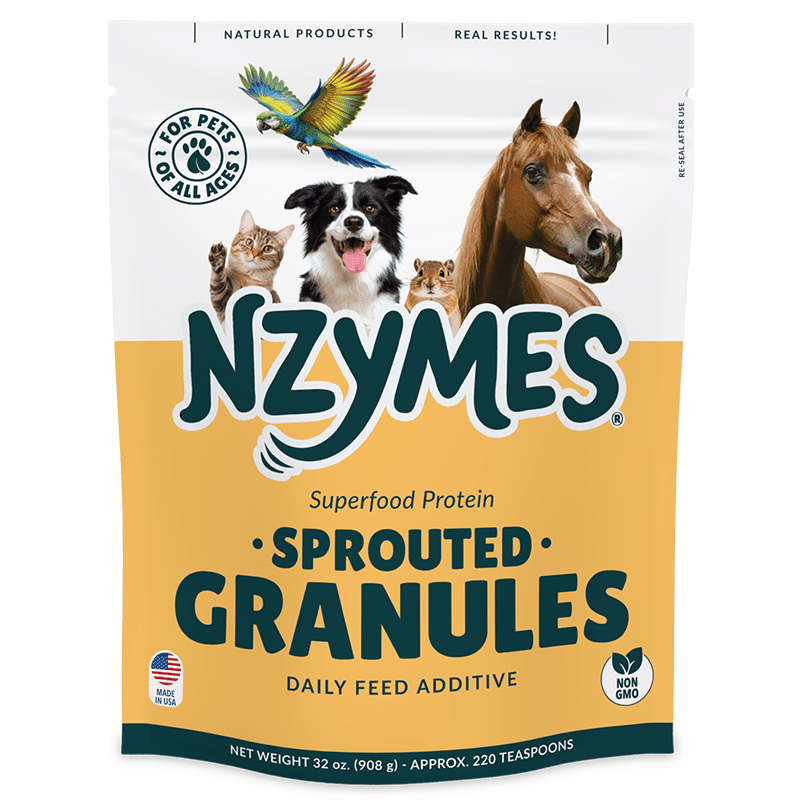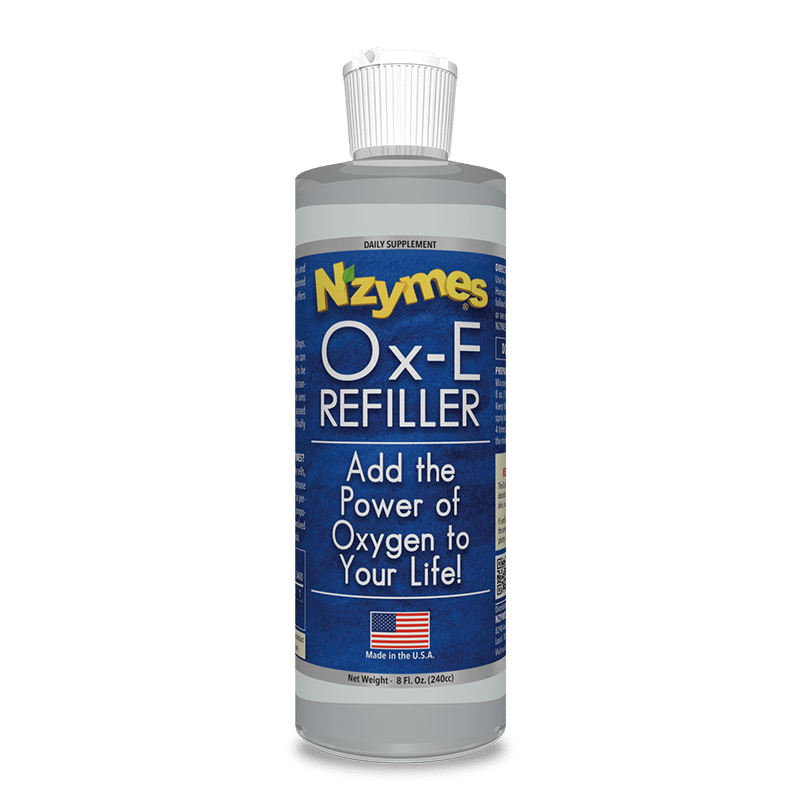
Kidney Health in Horses
Kidney disease in horses is fairly rare but can be a very serious condition. Unlike other dogs or cats, horse kidneys have calcium-secreting glands. This natural existence of calcium gives horses’ urine a pale-yellow color with a cloudy appearance. These glands play an essential role in regulating calcium levels because horses typically eat high calcium foods such as alfalfa hay.
Overuse of Prescription Medications
There are several things that can damage the kidneys in horses which include non-steroidal anti-inflammation medications and things such as a well known and commonly used medication called Bute. These are often given to older horses to manage pain, like what Advil does for humans. They work through the inflammation routes of the horse, which shrinks the particles that create pain. But they also negatively alter blood flow in a variety of organs, including the kidneys. Other causes of Kidney issues are simple and ones that we may take for granted when dealing with our horses. Tying up for long periods of time or dehydration. When a horse is tied for long duration’s, its body and more specifically its head, is held in stagnant positions which can cause muscle stiffness or spasms. When this occurs the body secrets molecules that can cause damage to the kidney.
Increased Thirst – Low Energy
Noticeable signs of kidney disease include increased drinking and more frequent urination. Other signs are less obvious. Horses can lose weight even with a good appetite and their coats are rough. They may have lower energy levels and less desire to work because of anemia (low number of red blood cells). Anemia goes hand in hand with kidney disease.
Blood Testing
Diagnosis of Kidney disease is one that is done through blood tests and urine samples by your veterinarian. When it comes to resolving kidney disease in horses, it is important to keep in mind that this is a slow progressing disease with sometimes very poor outcomes. The goal is to slow down the damage. Changes to the diet and constant access to water are common promising actions. Also, if medications like Bute are being given on a regular basis, it may need to be stopped as it could damage the kidney further. In more severe cases or in older horses, veterinarians may opt for intravenous fluids.
Urinary Health Issues
Urinary tract problems can range from very minor (UTI’s or crystals) to very serious (kidney failure or bladder rupture) in horses.
Common Symptoms
Signs of urinary concerns include loss of control of urination or dribbling and abnormally frequent output of urine, scalding of the skin, as well as straining or difficulties urinating. There could also be blood present.
Urinary infections are the more mild issue in horses and are similar to what we as humans or other small animals experience. Coupled with pain, it also presents with blood in the urine, the unwillingness to move, lethargy and sometimes a fever.
Watch Calcium Intake
Horses have fewer issues with urinary stones or blockages than dogs or cats do, but there is the odd situation of a horse forming stones which are called calculi. These can form in the bladder or the kidneys. This happens because of a small to large amount of crystals forming in the organs due to an overload of calcium. The more crystals that form, the bigger the stone becomes. It is common for a horse to pass the small stones undetected but if they are on heavy amounts of grains or feeds high in calcium such as Alfalfa hay their bodies can continue the build up of crystals resulting in larger stones.
If the stone is too big, causing the horse to have difficulty urinating, this is when it begins to cause great amounts of pain and discomfort for them. Stallions or geldings are more susceptible to a blockage from a stone as their urethra is much longer and narrower than that of a mare.
Natural Support for Equine Urinary Health
When it comes to supporting body systems, there is no greater natural support than Nzymes products. Specific to Urinary health and Kidney support, the items outlined below work together to provide help in 3 key areas.
- Antioxidant Support – the Nzymes Sprouted Granules provide Super-food nutrition enabling the mass production of antioxidant enzymes. These enzymes play a vital role in the removal of toxins and dangerous free-radicals. They also help with the proper distribution of minerals, like calcium and others.
- Digestive Support – The Bac-Pak Plus is a combination of Digestive enzymes and Probiotics. Bac-Pak enables better uptake and assimilation of nutrients while also flooding the digestive tract with billions of beneficial bacteria. Bacterial imbalance in the gut is often the genesis of urinary tract issues.
- Microbial Support – Ox-E-Drops helps to maintain a better pH, and in so doing, also helps control the overgrowth of pathogenic bacteria and fungi.




